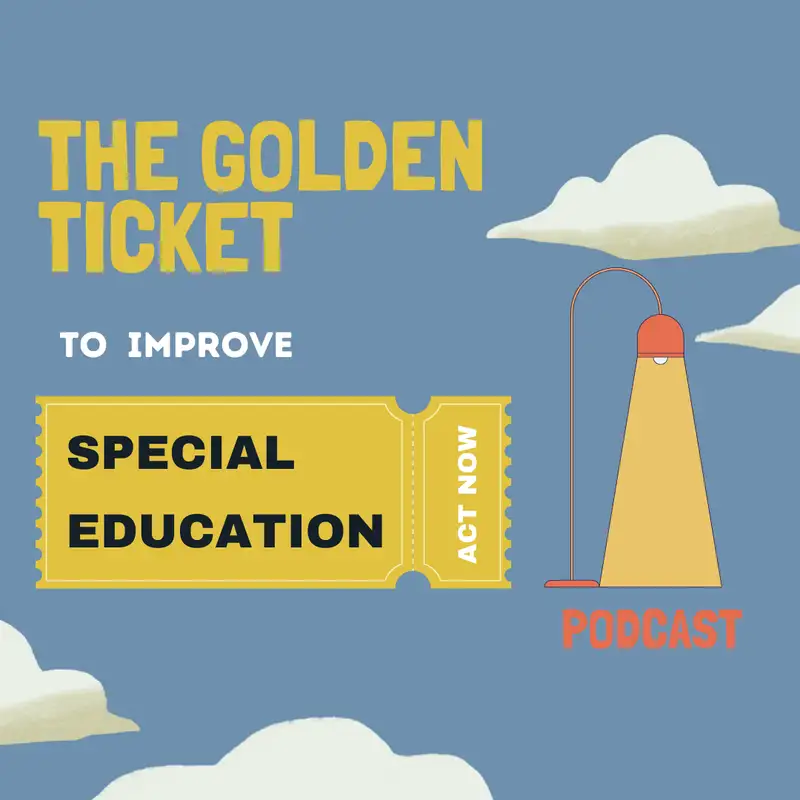Episode 2 Optimism
Episode 2 Show Notes and Description
1. Optimism is the first element in the Climate category. The Clarity and Order for Special Education Success platform includes three categories: Climate, Structure and Performance. Optimism is the first element of the Climate category. By improving the level of Optimism in your special education community, you begin to improve your Climate and are on the road to becoming more successful.
2. The connection between Self-Determination and Learned Helplessness - There are things we can control and promote in order to increase Optimism in our Special Education community. Building strong self-determination in our students is crucial and learned helplessness is the enemy of self-determination.
3. Artificial Intelligence Definition of Learned Helplessness – AI lists 4 causes of Learned Helpless for people with disabilities: 1) Repeated negative experiences, 2) Reduced self-efficacy, 3) Social and Environmental Factors, and 4) Psychological impacts.
4. How Learned Helplessness can impact stakeholders – Optimism is important for all special education stakeholders. Learned helplessness can negatively affect special education administrators, teachers, school administrators and parents. Learning how to be self-aware, recognize and confront pessimistic tendencies is crucial for all of us.
5. The antidote for Learned Helplessness – Learned Optimism is a book from Martin Seligman (1991) and he did research to analyze Learned Helplessness and how to increase Optimism for people. Seligman draws connections to a person’s explanatory style or how they tend to explain disappointing outcomes. His research proves that improving your explanatory style will reduce your level of learned helplessness and make you more optimistic and successful.
6. Artificial Intelligence suggestions for Improving Learned Helplessness –
1) Empowerment and Self- Advocacy, 2) Positive Reinforcement, 3) Skill Development, 4) Improving Accessibility, 5) Therapeutic Interventions including Cognitive Behavioral Therapy (CBT)
7. Self-Determination Teaching Models – Various resources models are discussed such as NTACT-C and Hoffman and Field as well as Simple Tips from Brooke’s Publishing. com. The importance of involving parents/guardians is also a crucial element in the effort to teach self-determination strategies to students.
8. The Benefits of Optimism- Optimistic leaders in our special education community pass along many great benefits to their stakeholders. Optimistic teachers pass along many great benefits to students and parents. Optimistic school administrators pass along many great benefits to their school communities. Optimistic parents pass along many great benefits to their children with disabilities.
9. Becoming More Optimistic- Dr. Seligman’s research includes strategies for helping people become more optimistic and successful in life. He includes ideas like confronting negative thoughts with factual and objective thoughts, questioning the validity of negative thoughts and replacing them with more balanced and realistic thoughts and challenging and framing pessimistic thoughts. Keeping a gratitude journal can also be helpful to reinforce positive thoughts and reduce the negative ones.

